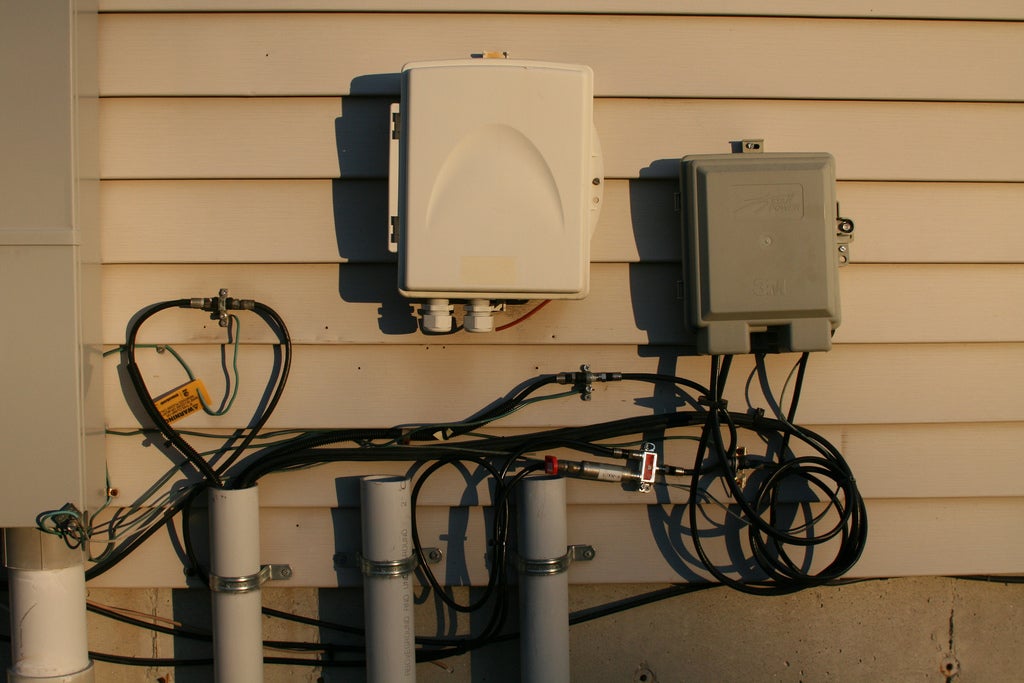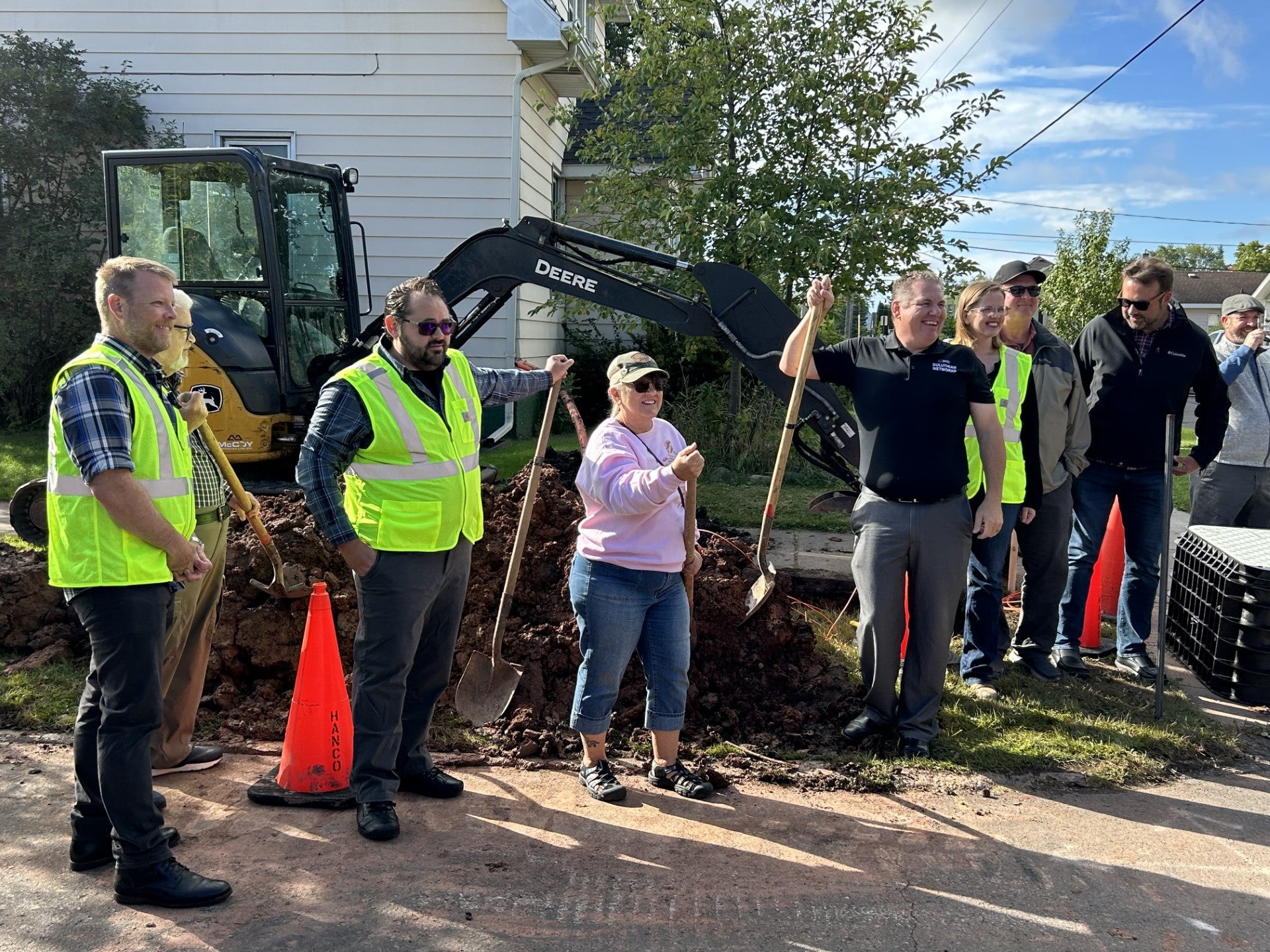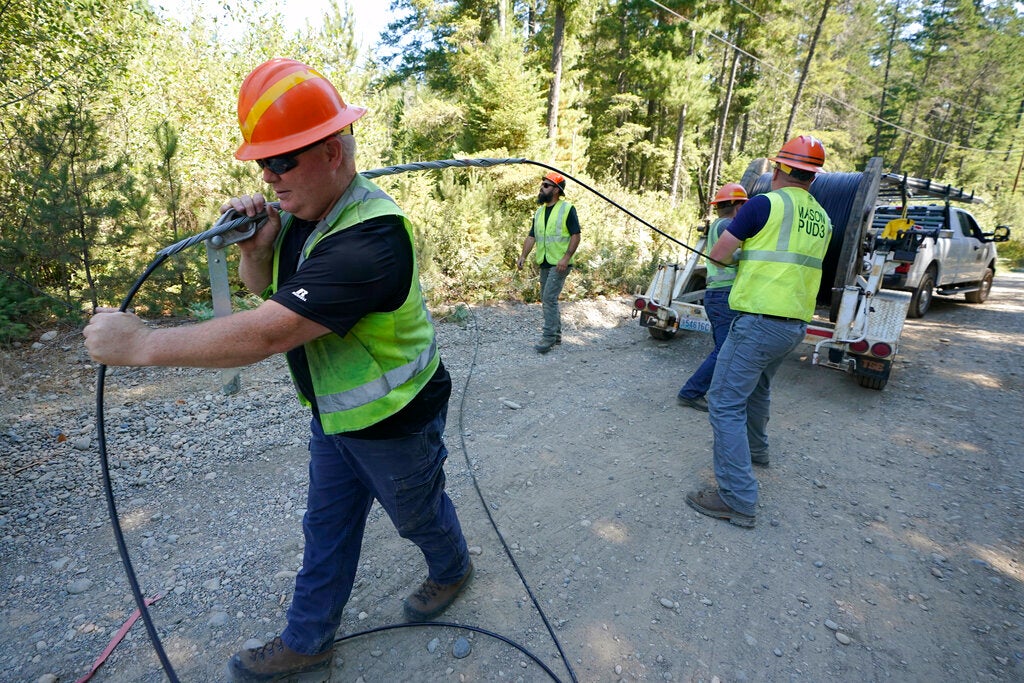Thousands of low-income Wisconsinites could soon see a bump in their internet bills as a federal subsidy is set to expire.
Congress allocated $14 billion nationwide for what’s known as the Affordable Connectivity Program as part of the 2021 infrastructure law.
The program allows low-income households to knock as much as $30 off their internet bills every month. For households on tribal lands, that discount can be up to $75. The program also allows eligible households to get a one-time discount to help with buying a laptop, desktop computer or tablet.
News with a little more humanity
WPR’s “Wisconsin Today” newsletter keeps you connected to the state you love without feeling overwhelmed. No paywall. No agenda. No corporate filter.
But with funding for the program projected to run out this spring, the Federal Communications Commission has announced it will stop accepting new applications to enroll in the program after Wednesday.
Federal data shows nearly 423,000 Wisconsin households are enrolled in the American Connectivity Program. Dave Berka says the discounts have been a lifeline to people who need high-speed internet for everything from their jobs to telemedicine.
“It’s kind of anyone’s guess how people who have been eligible for ACP and used it are going to be able to afford the internet going forward,” said Berka, who works to expand digital access in southeast Wisconsin as a project manager for the United Way of Greater Milwaukee & Waukesha County’s “Techquity” program. “At least in our region, and in our experience, affordability is probably the single greatest barrier to people adopting the internet.”
A bipartisan bill introduced earlier this year would allocate $7 billion in federal funds to continue the connectivity program through the rest of 2024.
If those funds are approved, thousand of Wisconsinites could get at least a temporary reprieve, Berka said.
“We’re hoping for the best, planning for the worst, essentially,” Berka said.
Households that are approved for the program and receiving subsidies through the program before Feb. 8 will keep getting those discounts until funding runs out.
The FCC says it will stop accepting new applications for the program after 10:59 p.m. on Feb. 7, and those applicants must be enrolled with an internet service provider.
Full funding for the Affordable Connectivity Program could continue through April, with partial funding expected in May, according to the latest federal projections.
More than 12 percent of Wisconsinites don’t have a broadband subscription, according to the latest U.S. Census data from 2018-22.
And the end of federal connectivity program may only worsen that digital divide, said Steve Watson, who works as digital navigator for Forest County. Watson says options in that region are limited.
“Especially in these northern Wisconsin rural areas, there’s not a whole lot of different alternatives,” said Watson, whose position is funded by a grant from a nonprofit called the National Digital Inclusion Alliance. “Broadband networks are being built but that takes time and a lot of work. (It) especially takes time for … there to be competitive networks in the area that can drive those prices down.”
People whose income is at or below twice the federal poverty level can be eligible for the American Connectivity Program. That’s $29,160 for a single person or $60,000 for a family of four, according to 2023 guidelines.
People may also be eligible if they qualify for a host of other federal assistance programs, such as Medicaid, the Supplemental Nutrition Assistance Program or free or reduced school lunches, including at a school where all student receive free lunches because it’s deemed to be in a low-income area.
People enrolled in ACP should be receiving notices from their internet providers about the phasing out of the program.
“My best advice to them would be to keep vigilant about checking emails consistently for information and updates about their benefits and the wind down information,” said Emily Conklin, Connected Communities program director for the United Way of Wisconsin. “They can also contact their internet provider for questions about how the end of the ACP will affect them personally, and to see what other available options might exist.”
Conklin also suggested calling 211 to learn about potential resources, or visiting the Public Service Commissiom of Wisconsin website for help with finding affordable internet.
Wisconsin Public Radio, © Copyright 2026, Board of Regents of the University of Wisconsin System and Wisconsin Educational Communications Board.




